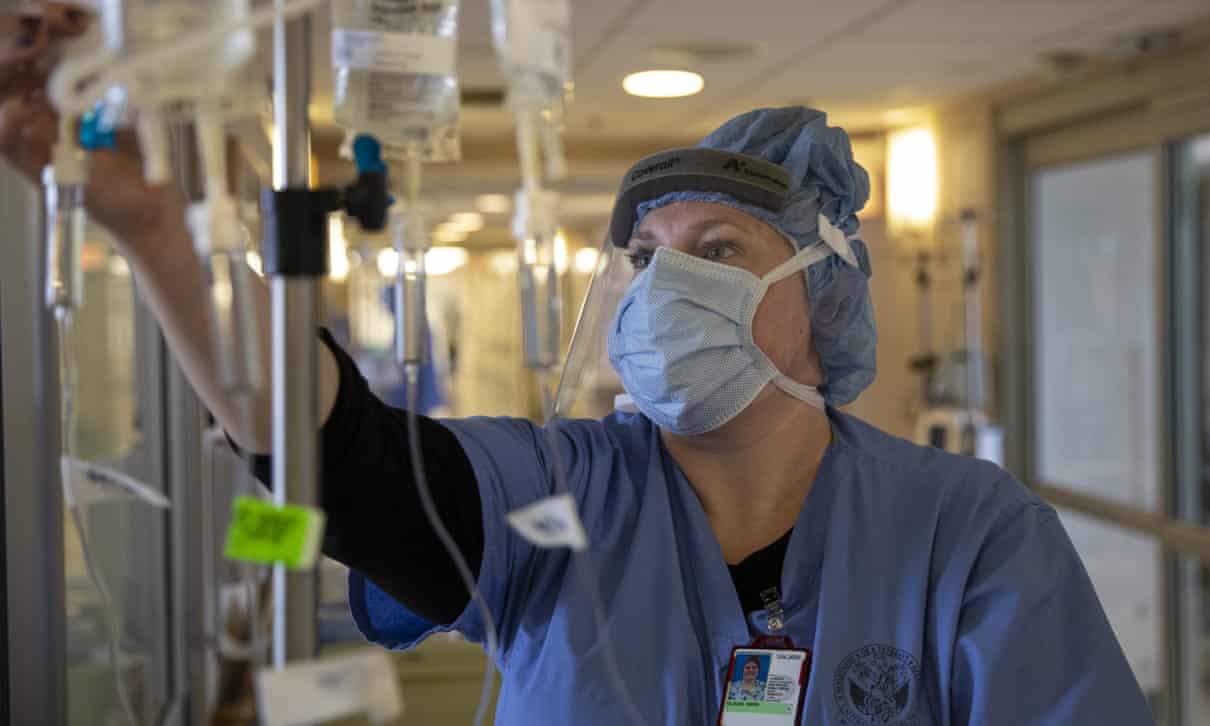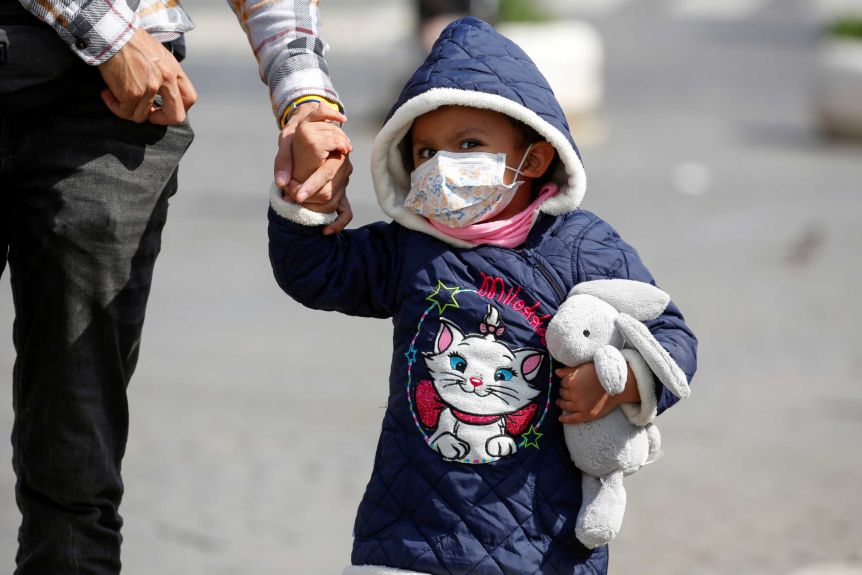Kids In Several Countries Are Being Hospitalised Due To A Rare Syndrome Tied To COVID-19
More than 80 children across the US have been hospitalised. Of which, three have died.
A rare inflammatory syndrome tied to COVID-19, the disease caused by the coronavirus, is affecting children in several countries.
The latest issue has been described as "every parent's nightmare".
While it is unclear exactly how the syndrome is tied to COVID0-19, most of the children who have been hospitalised with the syndrome have also tested positive for the coronavirus or for antibodies to it.
According to The New York Times, the symptoms of this illness appears to target the heart and coronary arteries of children infected with COVID-19 and can send them into a kind of toxic shock.
Additionally, the symptoms appear similar to those of Kawasaki disease, which is a separate disease that can cause sudden inflammation of the heart and cause coronary blockages in children.
"We were led to believe that the good news about this virus was it didn't affect children which was taken as great news, right? Now we have a new issue that we're looking at which is something we're just investigating now," Andrew Cuomo, the New York Governor, announced on Friday, 8 May.
"But while rare, we're seeing some cases where children affected with the COVID virus can become ill with symptoms similar to the Kawasaki disease or toxic shock-like syndrome.."
As of this writing, at least 85 children across the US have been hospitalised with the rare syndrome. Of which, three have died, the New York Governor said, adding that it is possibly tied to the COVID-19.
Though rare, we urge parents to be vigilant.
"So this is every parent's nightmare, right? That your child may actually be affected by this virus," he said.
While there isn't enough data to establish a definite connection, the deaths of three children in New York has given enough cause for alarm
First reported in the United Kingdom in April this year, cases have since then been reported in France, Italy, and Spain among others
In an article published on 7 May in the medical journal The Lancet, a group of British doctors described observing eight children in London during a period of 10 days.
They wanted the attention of the wider paediatric community because the clinical picture represents "a new phenomenon affecting previously asymptomatic children with SARS-CoV-2 infection manifesting as a hyperinflammatory syndrome with multiorgan involvement similar to Kawasaki disease shock syndrome".
What is important to reiterate here is that while there has been no official link between the illness and COVID-19, most of the children who are being hospitalised are testing positive for the coronavirus
The emergence of this latest data has led doctors to believe that young children, who were previously thought to less affected by the coronavirus, could be at a risk or even be affected by COVID-19.
While the number of children showing signs of the syndrome is still small — which may be due to the lack of solid data on the exact number of cases — the issue has been described as "the tip of the iceberg".
It has also prompted doctors to speed up the process to determine how the coronavirus impacts children.
In fact, the New York Department of Health has issued an advisory about this rare syndrome, calling it "Pediatric Multi-System Inflammatory Syndrome Associated with COVID-19 in Children".
The advisory informs about the condition, as well as to provide guidance for testing and reporting.
"Hospitals must immediately report cases of pediatric multi-system inflammatory syndrome potentially associated with COVID-19 in patients who are under 21 years of age," the advisory asked.
Additionally, health care providers are also asked to "perform a diagnostic and serological test to detect the presence of SARS-COV-2" or corresponding antibodies in the patient.
Fever, rash, swelling of the hands and feet, and irritation/redness of the whites of the eyes are some of the symptoms associated with the syndrome that can affect young patients up to 21 years old
"Inflammatory markers may be elevated, and fever and abdominal symptoms may be prominent. Rash also may be present. Myocarditis and other cardiovascular changes may be seen. Additionally, some patients have developed cardiogenic or vasogenic shock and required intensive care. This inflammatory syndrome may occur days to weeks after acute COVID-19 illness," the advisory notes.
In some cases, doctors have described children "screaming from stomach pain".
Previously, doctors in New York warned that COVID-19 patients in their 30s and 40s who are not severely ill may develop sudden strokes:

